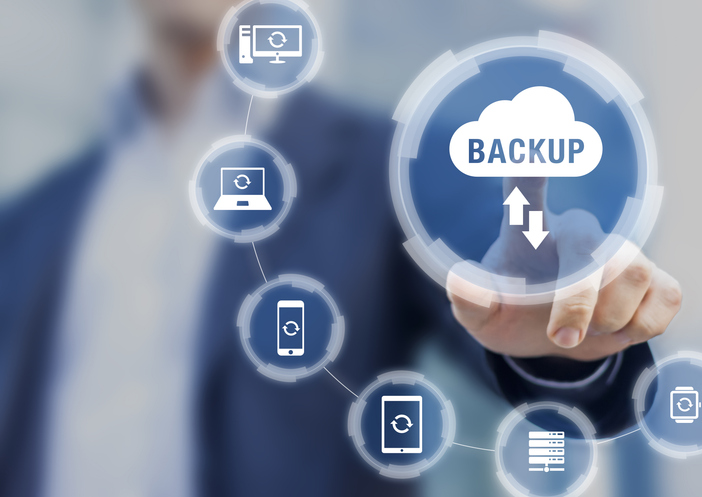
28 Apr Avoid Digital Data Loss: A Guide to Smartphone & PC Storage Options
In the modern digital age, businesses are drowning in data. From emails and documents to photos and videos, it’s becoming ever more important for companies to find reliable storage solutions to ensure that their valuable digital assets are safe from the risks of data loss. This blog post explores the various storage options available for smartphones and PCs, with a focus on cost-effectiveness and security.
How to backup your smartphone’s data
Backing up data on an iPhone or Android device is crucial to ensure that you can recover your data in case of data loss or device damage. There are multiple ways to back up data on your device.
One of the most common and free options is using cloud storage services like Google Drive, iCloud, or Dropbox. These services provide limited free storage; you can upgrade to a paid plan for additional storage capacity.
Another way to back up your data is to use backup software like EaseUS MobiMover, which lets you quickly back data from one device to another.
Most paid backup software services provide additional features like scheduled backups, encryption, and unlimited storage capacity.
How to backup your PC’s data
Backing up your data on a PC is a vital step to ensure that you don’t lose any of your precious files or data in the event of a system crash, virus attack, or any other unforeseen incident.
One of the most popular ways to backup data on your PC is by using cloud storage services like OneDrive, Google Drive or Dropbox. These services offer varying amounts of free storage; you can purchase additional storage for a fee.
Another secure and reliable way to back up data on a PC is by using a physical external hard drive, which enables you to store your data externally, disconnected from your PC. This is a great option if you have large amounts of data that need regular backup.
Other alternative options for generic online storage include services like Box, Mega and pCloud, which offer a range of features, including encryption, file-sharing options, and secure backups.
Cost of data storage vs data loss
When it comes to choosing to pay for data storage, it’s essential to weigh up the cost of paying for data storage versus the cost of losing your data. The cost of losing your data is huge, both financially and emotionally. Losing your essential files, client documentation or sensitive data can be devastating and very expensive. Retrieving data can cost time, money and effort in many cases.
Therefore, it’s important to consider the value of your data and invest in a storage solution that can ensure tsafety of your data. While paying for data storage may incur a cost, it’s a relatively affordable method that can provide peace of mind for the safety of your data.
In the long run, investing in data storage provides security and can save money, time and stress in the event of data loss.
Protecting your data
Data loss can be costly and time-consuming to recover from, so it’s important for businesses to invest in data storage solutions that provide security and peace of mind. Various options are available, ranging from free cloud storage services to paid backup software plans with additional features like encryption and unlimited capacity.
Consider the value of your data when selecting an appropriate storage option, as investing in secure backups now may save you money, effort, and stress down the line.
If you need advice about the best backup solution for your business, contact Transpeed. We’re here to help.


Sorry, the comment form is closed at this time.